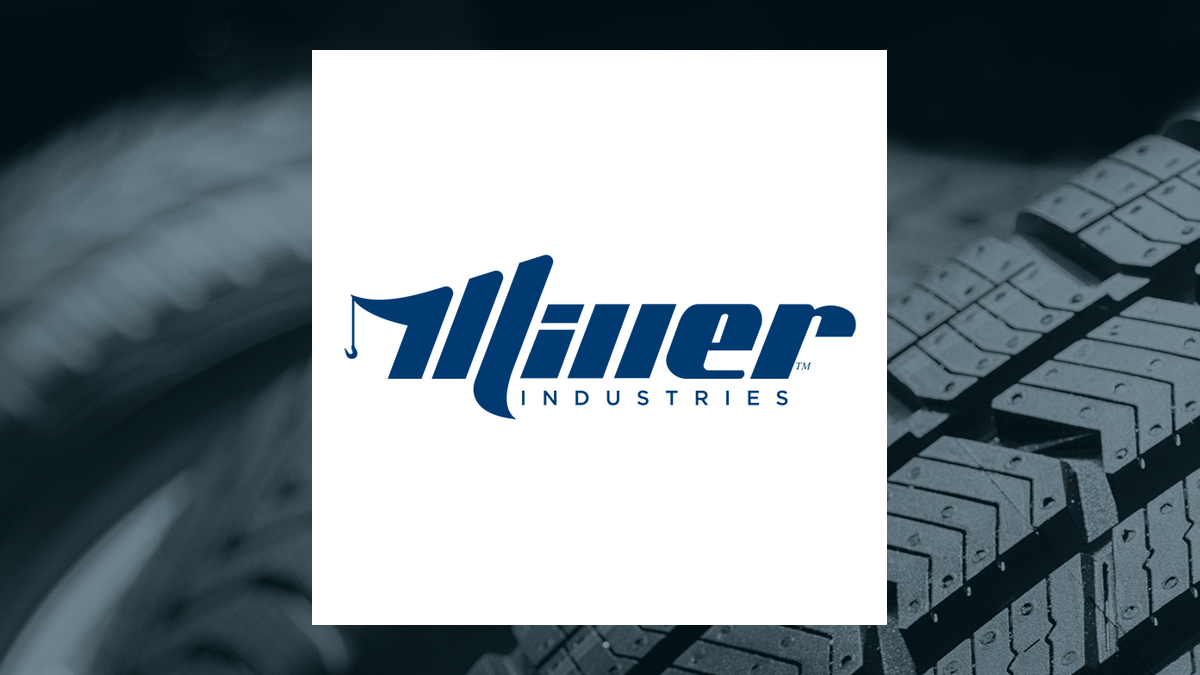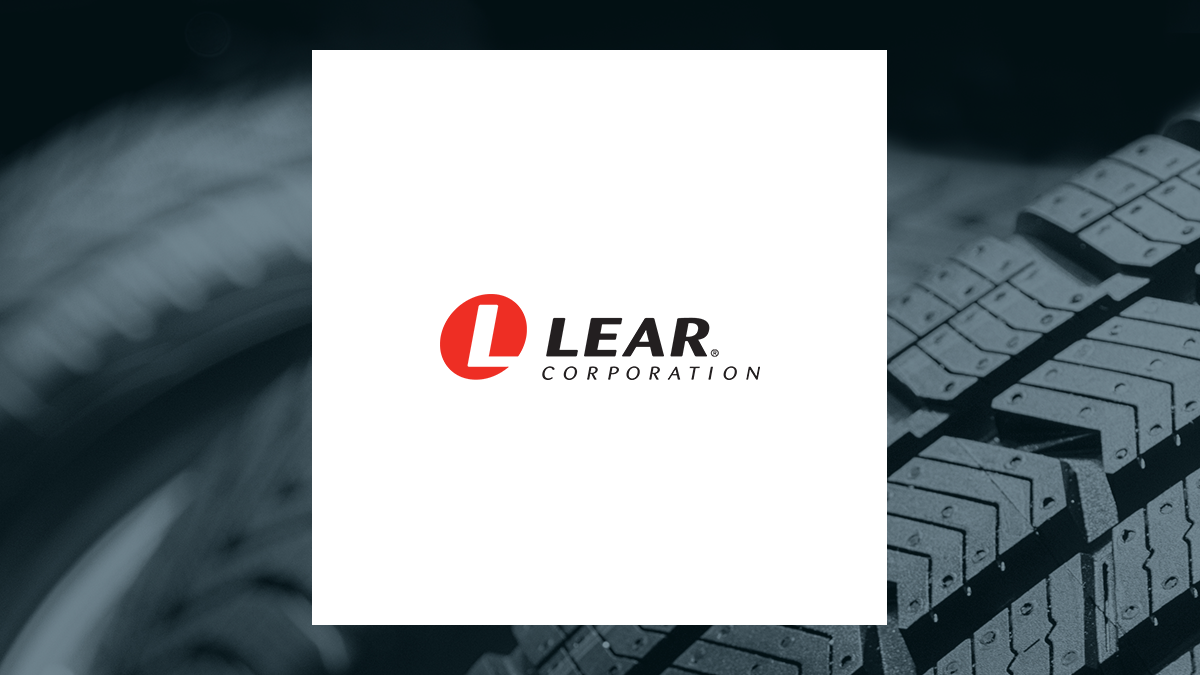Miller Industries (NYSE:MLR – Get Free Report) and Lear (NYSE:LEA – Get Free Report) are both auto/tires/trucks companies, but which is the superior stock? We will compare the two businesses based on the strength of their profitability, earnings, institutional ownership, analyst recommendations, risk, dividends and valuation.
Institutional & Insider Ownership
79.2% of Miller Industries shares are held by institutional investors. Comparatively, 97.0% of Lear shares are held by institutional investors. 4.4% of Miller Industries shares are held by company insiders. Comparatively, 0.9% of Lear shares are held by company insiders. Strong institutional ownership is an indication that large money managers, hedge funds and endowments believe a stock will outperform the market over the long term.
Analyst Recommendations
This is a breakdown of recent ratings and recommmendations for Miller Industries and Lear, as provided by MarketBeat.com.
| Sell Ratings | Hold Ratings | Buy Ratings | Strong Buy Ratings | Rating Score | |
| Miller Industries | 0 | 2 | 1 | 0 | 2.33 |
| Lear | 0 | 10 | 2 | 0 | 2.17 |
Valuation & Earnings
This table compares Miller Industries and Lear”s top-line revenue, earnings per share (EPS) and valuation.
| Gross Revenue | Price/Sales Ratio | Net Income | Earnings Per Share | Price/Earnings Ratio | |
| Miller Industries | $1.26 billion | 0.37 | $63.49 million | $3.66 | 10.96 |
| Lear | $23.31 billion | 0.23 | $506.60 million | $8.57 | 11.67 |
Lear has higher revenue and earnings than Miller Industries. Miller Industries is trading at a lower price-to-earnings ratio than Lear, indicating that it is currently the more affordable of the two stocks.
Risk & Volatility
Miller Industries has a beta of 1.24, indicating that its share price is 24% more volatile than the S&P 500. Comparatively, Lear has a beta of 1.32, indicating that its share price is 32% more volatile than the S&P 500.
Profitability
This table compares Miller Industries and Lear’s net margins, return on equity and return on assets.
| Net Margins | Return on Equity | Return on Assets | |
| Miller Industries | 4.35% | 10.48% | 6.33% |
| Lear | 2.05% | 13.94% | 4.63% |
Dividends
Miller Industries pays an annual dividend of $0.80 per share and has a dividend yield of 2.0%. Lear pays an annual dividend of $3.08 per share and has a dividend yield of 3.1%. Miller Industries pays out 21.9% of its earnings in the form of a dividend. Lear pays out 35.9% of its earnings in the form of a dividend. Both companies have healthy payout ratios and should be able to cover their dividend payments with earnings for the next several years. Miller Industries has raised its dividend for 2 consecutive years.
Summary
Lear beats Miller Industries on 9 of the 17 factors compared between the two stocks.
About Miller Industries
 Miller Industries, Inc., together with its subsidiaries, manufactures and sells towing and recovery equipment. The company offers wreckers that are used to recover and tow disabled vehicles and other equipment; and car carriers, which are specialized flat-bed vehicles with hydraulic tilt mechanisms, which are used to transport new or disabled vehicles and other equipment. It also provides transport trailers for moving various vehicles for auto auctions, car dealerships, leasing companies, and other similar operations. The company markets its products under the Century, Vulcan, Challenger, Holmes, Champion, Chevron, Eagle, Titan, Jige, and Boniface brands. Miller Industries, Inc. sells its products through independent distributors in North America, and Canada, Mexico; and through prime contractors to governmental entities. Miller Industries, Inc. was incorporated in 1990 and is headquartered in Ooltewah, Tennessee.
Miller Industries, Inc., together with its subsidiaries, manufactures and sells towing and recovery equipment. The company offers wreckers that are used to recover and tow disabled vehicles and other equipment; and car carriers, which are specialized flat-bed vehicles with hydraulic tilt mechanisms, which are used to transport new or disabled vehicles and other equipment. It also provides transport trailers for moving various vehicles for auto auctions, car dealerships, leasing companies, and other similar operations. The company markets its products under the Century, Vulcan, Challenger, Holmes, Champion, Chevron, Eagle, Titan, Jige, and Boniface brands. Miller Industries, Inc. sells its products through independent distributors in North America, and Canada, Mexico; and through prime contractors to governmental entities. Miller Industries, Inc. was incorporated in 1990 and is headquartered in Ooltewah, Tennessee.
About Lear
 Lear Corporation designs, develops, engineers, manufactures, assembles, and supplies automotive seating, and electrical distribution systems and related components for automotive original equipment manufacturers in North America, Europe, Africa, Asia, and South America. Its Seating segment offers seat systems, seat subsystems, keyseat components, seat trim covers, seat mechanisms, seat foams, and headrests, as well as surface materials, such as leather and fabric for automobiles and light trucks, compact cars, pick-up trucks, and sport utility vehicles. The company’s E-Systems segment provides electrical distribution and connection systems that route electrical signals and networks; and manage electrical power within the vehicle for various powertrains. This segment’s products comprise wire harnesses, terminals and connectors, engineered components, and junction boxes; electronic system products, including body domain control modules, smart and passive junction boxes, gateway and communication modules, integrated power modules, and high voltage switching and power control systems. It also offers software and connected services comprising Xevo Market, an in-vehicle commerce and service platform; and software and services for the cloud, vehicles, and mobile devices. In addition, this segment provides cybersecurity software; advanced vehicle positioning for automated and autonomous driving applications; and short-range communication and cellular protocols for vehicle connectivity. It offers its products and services under the XEVO, GUILFORD, EAGLE OTTAWA, ConfigurE+, INTUTM, LEAR CONNEXUSTM, EXO, JOURNEYWARE, ProTec, SMART JUNCTION BOX, STRUCSURE, AVENTINO, and TeXstyle brands. Lear Corporation was founded in 1917 and is headquartered in Southfield, Michigan.
Lear Corporation designs, develops, engineers, manufactures, assembles, and supplies automotive seating, and electrical distribution systems and related components for automotive original equipment manufacturers in North America, Europe, Africa, Asia, and South America. Its Seating segment offers seat systems, seat subsystems, keyseat components, seat trim covers, seat mechanisms, seat foams, and headrests, as well as surface materials, such as leather and fabric for automobiles and light trucks, compact cars, pick-up trucks, and sport utility vehicles. The company’s E-Systems segment provides electrical distribution and connection systems that route electrical signals and networks; and manage electrical power within the vehicle for various powertrains. This segment’s products comprise wire harnesses, terminals and connectors, engineered components, and junction boxes; electronic system products, including body domain control modules, smart and passive junction boxes, gateway and communication modules, integrated power modules, and high voltage switching and power control systems. It also offers software and connected services comprising Xevo Market, an in-vehicle commerce and service platform; and software and services for the cloud, vehicles, and mobile devices. In addition, this segment provides cybersecurity software; advanced vehicle positioning for automated and autonomous driving applications; and short-range communication and cellular protocols for vehicle connectivity. It offers its products and services under the XEVO, GUILFORD, EAGLE OTTAWA, ConfigurE+, INTUTM, LEAR CONNEXUSTM, EXO, JOURNEYWARE, ProTec, SMART JUNCTION BOX, STRUCSURE, AVENTINO, and TeXstyle brands. Lear Corporation was founded in 1917 and is headquartered in Southfield, Michigan.
Receive News & Ratings for Miller Industries Daily - Enter your email address below to receive a concise daily summary of the latest news and analysts' ratings for Miller Industries and related companies with MarketBeat.com's FREE daily email newsletter.